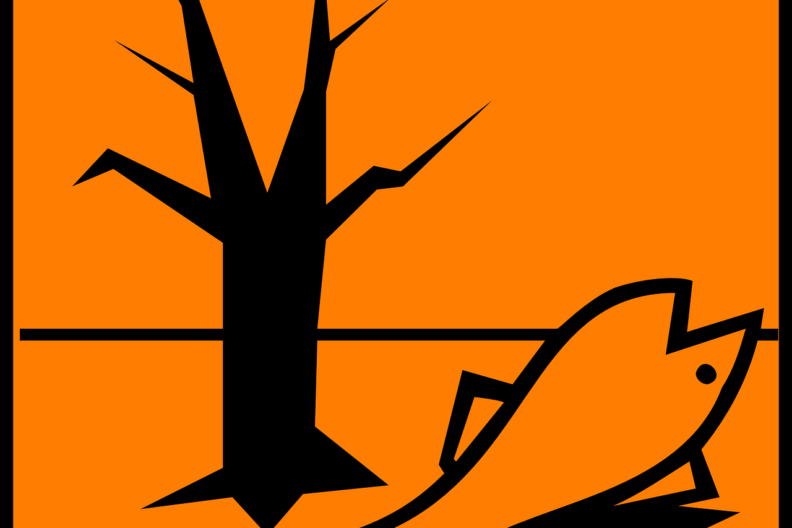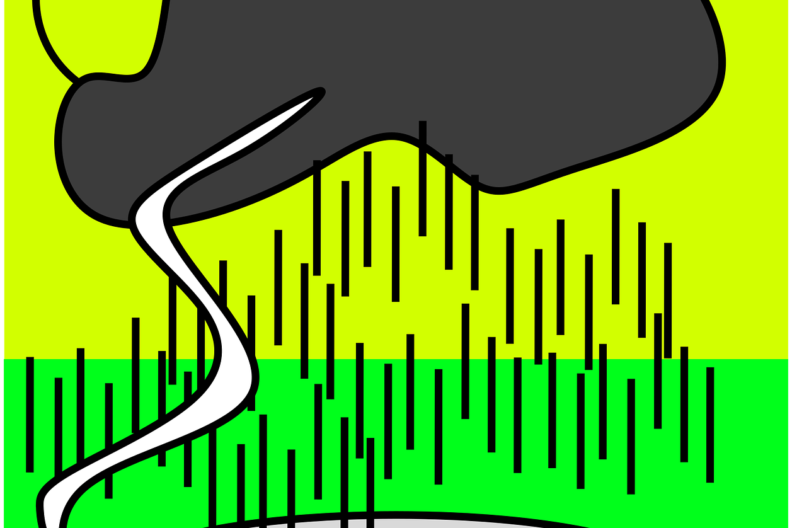“I have learnt a set of skills that are transferable and useable in other aspects of my professional life. Thinking about what is important to me and how to present my knowledge and insights has been a key learning for me.”
Digital in the Institute of Hazard Risk and Resilience (IHRR)

Digital Storytelling in the Institute of Hazard, Risk and Resilience (IHRR)
The Institute of Hazard, Risk and Resilience is a world-leading institute that aims to support innovative research and training for use in policy and practice around the world in the field of hazard, risk and resilience. Researchers come from multidisciplinary backgrounds and collaborate with communities, NGOs and governments on hazard, risk and reliance-led projects. Their work has a direct impact on a wide range of international stakeholders empowering people living with hazard and risk, and supporting them in fostering resilience, and in improving lives, both now and in the future.
Digital Storytelling in the IHRR was supported by Professor Louise Bracken and Professor Julian Williams (Directors) and focused on supporting researchers in the dissemination of their research and to provide them with new skills in the process. Specific areas that were explored for the purposes of a small-scale study were as follows:
• the nature, value and use of Digital Storytelling in the context of a university research institute (specifically within the IHRR) to support the promotion, understanding and dissemination of specific interdisciplinary research that binds the institute and the researchers together
• the potential of Digital Storytelling as a reflective, experiential learning tool specifically in supporting professional and researcher identity/ work in the context of the IHRR
• the potential of Digital Storytelling to support researchers in developing further skills (e.g. digital literacy, creativity) which might be relevant to their professional practice
• the potential of Digital Storytelling to support connection-building amongst IHRR researchers and to create a stronger community and identity which supports further development of the institute’s goals
The importance of being able to communicate research in multimedia formats and to make it engaging and relevant is one of the key aspects of this project here and is becoming increasingly important in our increasingly digitally focused global landscape.

Digital Storytelling in the IHRR 2020: Research as Digital Story
The first series of Digital Storytelling Workshops at the IHRR ran in February 2020 facilitated by Dr Teti Dragas with a small group of key researchers and members of the management team involved in research and dissemination of research in the IHRR. It was a really interesting and valuable intervention and all the researchers left with new skills and a new-found appreciation for the value of storytelling in research. Questions were explored through a focus group interview and through the stories themselves, as well as observational data during the workshops.
Initial feedback from the workshop participants was extremely positive, noting in particular the usefulness of ‘new and transferable skills’ both in terms of digital software and tools but also in terms of the way of working with creativity, visuals and with story.
An example of a story created in the workshop has been shared by Dr Hanna Ruszczyk. Watch Hanna Ruszczyk’s story and learn about her important research in the link below.
Watch Hanna’s Ruszczyk’s story on ‘What I learnt about the concept of liveability’ here

DS in the IHRR 2022: Exploring Risk Science
In 2022 the IHRR initiated a second project that again drew from the digital storytelling workshops first begun in 2020 as part of the Exploring Risk Science Festival 2022. Led by Dr Sim Reaney who is an Associate Professor in Catchment Hydrology and Co-Director of the IHRR, this project sought to offer a larger group of researchers interested in developing their research into video, documentary or multimedia outlets and support them into upskilling in both technical and conceptual aspects of production.
Linked to the launch of this pioneering film festival in ‘Exploring Risk Science’ the digital storytelling workshops were offered bringing the ‘story’ element to science and supporting researchers with developing skills around connecting to the audience and telling science research as ‘story’. The workshops sought to equip researchers with knowledge of both narrative story-telling and the basics of technical film-making in order to enhance the exposure of their research, prompting and participating in public debates through film-making and raising the profile of science in society.
FEEDBACK on DS in IHRR
The following quotes are taken from staff and researchers that have participated in the DS workshop in the IHRR. They are taken from reflections and feedback gathered from focus groups and written feedback.
